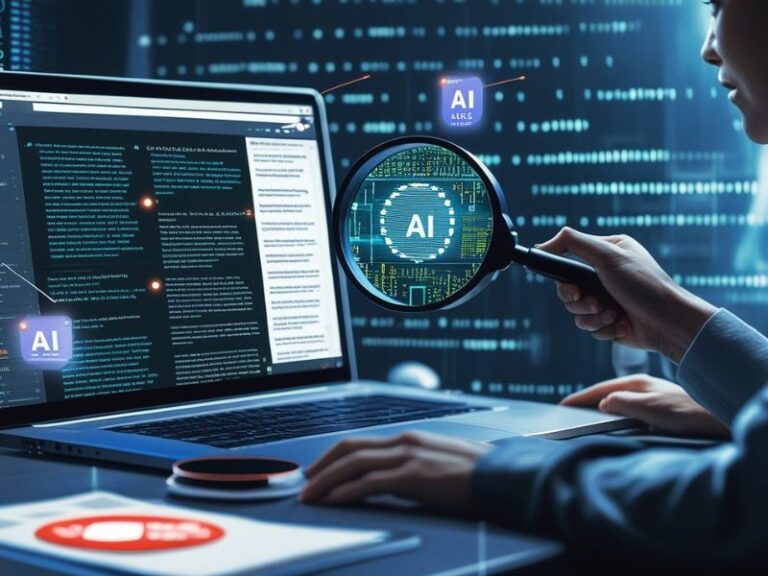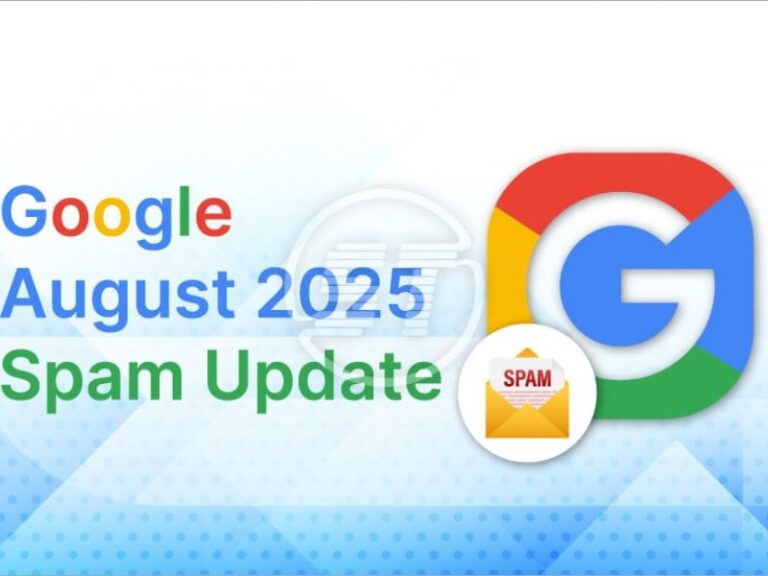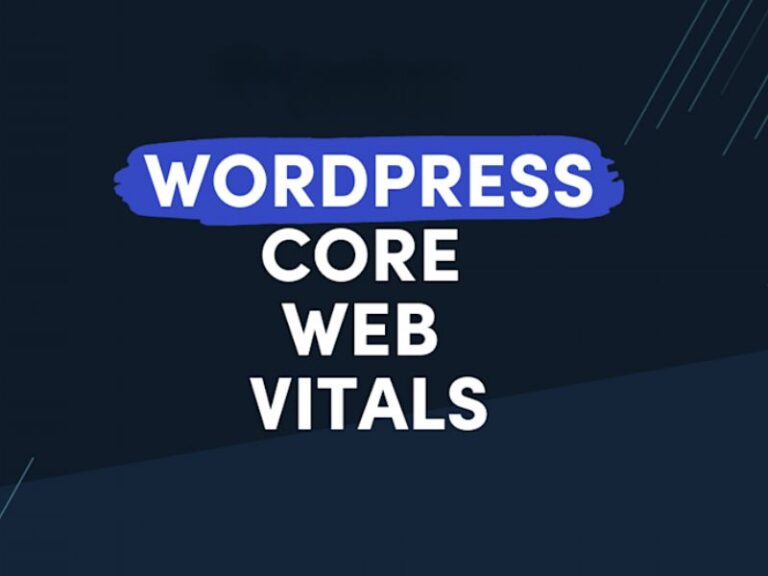Introduction: The Rise of AI in Influencer Marketing
In the ever-evolving world of digital marketing, AI-powered influencer marketing has emerged as a groundbreaking approach for brands to connect with audiences in more personalized, efficient, and data-driven ways. As artificial intelligence (AI) reshapes how marketers analyze data, automate processes, and measure success, its integration with influencer marketing is redefining the scope and scale of campaigns across platforms like Instagram, YouTube, TikTok, and LinkedIn.
Traditional influencer marketing, once reliant on manual scouting, gut instincts, and generic metrics, is being transformed by AI’s ability to process vast datasets, predict campaign success, and dynamically align brand objectives with creator capabilities. Whether you’re a brand, an agency, or an influencer, understanding the impact and mechanics of AI-powered influencer marketing is essential for staying ahead in 2025 and beyond.
What Is AI-Powered Influencer Marketing?
AI-powered influencer marketing refers to the use of artificial intelligence technologies—such as machine learning, natural language processing, and computer vision—to automate, optimize, and personalize every stage of influencer marketing campaigns. From identifying relevant influencers to predicting engagement and monitoring campaign performance in real-time, AI enables marketers to make data-backed decisions that were previously impossible with manual methods.
This technology-driven approach not only boosts accuracy and efficiency but also provides deeper insights into audience behavior, sentiment analysis, and ROI measurement.
Core Components of AI in Influencer Marketing
1. AI-Driven Influencer Discovery
Instead of manually searching for influencers based on vanity metrics like follower count, AI tools analyze millions of profiles using criteria such as:
-
Audience demographics (age, gender, location)
-
Engagement rate
-
Content relevance
-
Historical performance
-
Fake follower detection
AI platforms like Upfluence, CreatorIQ, and Influencity employ machine learning algorithms to match brands with ideal creators aligned with their goals, voice, and values.
2. Predictive Campaign Analytics
AI models can forecast how well a campaign will perform before it even launches. Using historical data and behavioral patterns, predictive analytics helps marketers:
-
Estimate engagement rate
-
Identify optimal posting times
-
Forecast conversion metrics
-
Adjust budget allocation
This helps eliminate guesswork and improve campaign planning accuracy.
3. Content Optimization with Natural Language Processing (NLP)
AI algorithms can analyze written and spoken content to detect tone, sentiment, and style. This allows brands to:
-
Suggest optimal content structures to influencers
-
Detect brand mentions and audience sentiment in real-time
-
Ensure message consistency and brand safety
Platforms like Cortex and Phrasee use AI to optimize content for better engagement and emotional resonance.
4. Automated Campaign Management
AI streamlines campaign workflows by:
-
Sending automated briefs to influencers
-
Tracking deliverables and deadlines
-
Managing payments
-
Flagging compliance issues (e.g., FTC disclosures)
Automation allows marketers to scale campaigns from a few influencers to thousands without increasing overhead.
5. Real-Time Performance Tracking and Reporting
AI-powered dashboards provide real-time visibility into campaign KPIs like reach, impressions, engagement, sentiment, and ROI. These insights can trigger dynamic adjustments to improve outcomes mid-campaign.
Read Also :- qoruv.com pioneering firm
Benefits of AI-Powered Influencer Marketing
Enhanced ROI
By aligning the right influencer with the right audience using data, brands can expect higher returns per dollar spent. AI helps identify influencers who drive real conversions, not just vanity engagement.
Improved Targeting and Personalization
AI segments audience data at micro levels, enabling hyper-targeted campaigns. For example, a skincare brand can target urban women aged 25-35 who are already interested in eco-friendly products—maximizing relevance and resonance.
Scalability
Manual campaign management limits reach. AI enables brands to simultaneously manage hundreds of influencer collaborations with consistent quality and oversight.
Fraud Detection
Bots and fake followers have plagued influencer marketing. AI tools detect anomalies like sudden follower spikes, low engagement rates, and suspicious audience demographics—helping brands avoid wasting budget.
Faster Decision Making
With real-time insights, marketers can pivot strategies on the fly instead of waiting weeks for reports.
Use Cases of AI in Influencer Marketing
E-Commerce Brands Using AI for Influencer Product Launches
E-commerce brands like Fashion Nova and Gymshark use AI to monitor influencer effectiveness across global campaigns. AI identifies top performers based on conversion rates and adjusts ad spend accordingly.
AI-Driven Micro-Influencer Campaigns
Instead of chasing mega influencers, many brands now use AI to identify micro-influencers (10K–50K followers) with niche yet highly engaged communities. AI calculates influence-to-cost ratio to ensure maximum impact.
B2B Influencer Marketing on LinkedIn
AI tools are increasingly used for B2B influencer campaigns on platforms like LinkedIn. AI can track thought leader activity, analyze engagement patterns in niche industries, and match experts with relevant brands.
Top AI Tools Transforming Influencer Marketing
| Tool Name | Key Features |
|---|---|
| Heepsy | AI-powered influencer search, audience analysis, fake follower detection |
| Influencity | Predictive analytics, campaign reporting, CRM integration |
| Upfluence | Real-time analytics, AI influencer suggestions, e-commerce integrations |
| Julius | Smart influencer database, campaign management, performance tracking |
| Cortex | AI-powered content optimization, sentiment tracking |
Challenges and Ethical Considerations
While AI brings immense efficiency, it also introduces challenges:
Data Privacy
AI requires vast amounts of data. Ensuring compliance with data privacy regulations like GDPR and CCPA is crucial when collecting and analyzing user and influencer data.
Over-Reliance on Automation
Relying solely on AI can reduce the human creativity and emotional intelligence needed in storytelling. AI is best used to enhance—not replace—the creative process.
Bias in Algorithms
AI models can inherit biases from training data, leading to unfair influencer recommendations. Diverse datasets and human oversight are necessary to mitigate bias.
Authenticity Concerns
Excessive AI optimization may make influencer content feel robotic or overly scripted. Maintaining authenticity is essential for trust and engagement.
The Future of AI-Powered Influencer Marketing
The next few years will witness deeper integration of AI in marketing. Expect to see:
-
Voice and Video Recognition: AI will analyze tone and sentiment in video content to gauge emotional impact.
-
AI-Generated Influencers (Virtual Influencers): Digital avatars powered by AI are already gaining popularity—like Lil Miquela.
-
Deeper Personalization: Campaigns tailored to individual users based on their behavior, not just segments.
-
Integrated MarTech Ecosystems: AI-powered influencer tools will sync with CRM, email, and ad platforms for seamless omnichannel strategies.
Conclusion
AI-powered influencer marketing is not just a trend—it is the future of brand communication in a hyper-connected, content-driven world. With its ability to analyze massive datasets, automate complex workflows, and personalize content at scale, AI is enabling brands to build more impactful relationships with audiences.
For marketers, it means faster decision-making, better ROI, and smarter storytelling. For influencers, it provides clearer performance benchmarks and new opportunities to collaborate. For audiences, it results in more relevant, timely, and authentic content.
As we move into a more AI-integrated future, those who embrace the blend of human creativity and machine intelligence will set the new standard in digital marketing excellence.






